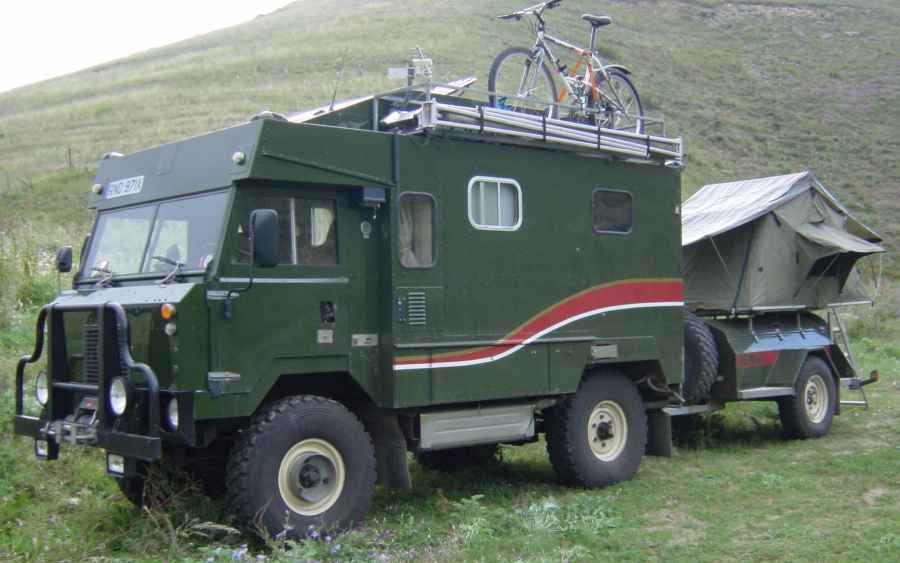|
Engine oil
Firstly, you can generally find engine oil suitable for the local fuels, within the country where the fuel is used. ie: if you are running on diesel, the sulphur content of the diesel changes from country to country. Accordingly, you'll have to change your engine oil to protect your engine. (Tom Sheppard's book gives full details about this topic.)
You'll have difficulty sourcing oils required for different countries in your home country. Nobody needs them. All you need to do is check that the multinational oil companies have outlets in the countries through which you intend to travel, and if they do, the oil they market there will be suitable for the fuels in that country.
Be aware of countries like Iran where the multinational oil companies don't operate. Although their local oil may be suitable, presourcing of oils for such countries is prudent either before departure or en-route.
Secondly, when you do change your engine oil, truck service garages will be able to handle your waste oil professionally. Where there are quality trucks on the roads (Scania, Volvo, MAN, Mercedes, Hino, Mitsubishi, etc), there are generally approved agents, with recognised oil disposal procedures.
Winter-grade diesel
In winter, most countries' refineries produce winter-grade diesel to suit their local conditions. No problems if you're staying in the same region as the purchased diesel. However, as a traveller, you should be aware that, if you're carrying spare fuel on board, cycle it so you don't end with a tank/can full of summer diesel from one region in the midde of winter in another region.
Altitude can also cause problems - in winter, you can be at sea level and all is ok. Travelling a few hundred kilometres from there wouldn't normally provide you with a fuel-waxing problem. However, if there is an elevation gain of a few thousand metres in those few hundred km, then you could have a problem.
Just be aware of where your diesel was sourced when travelling in winter periods, or in cold climates.
|


-003.jpg)